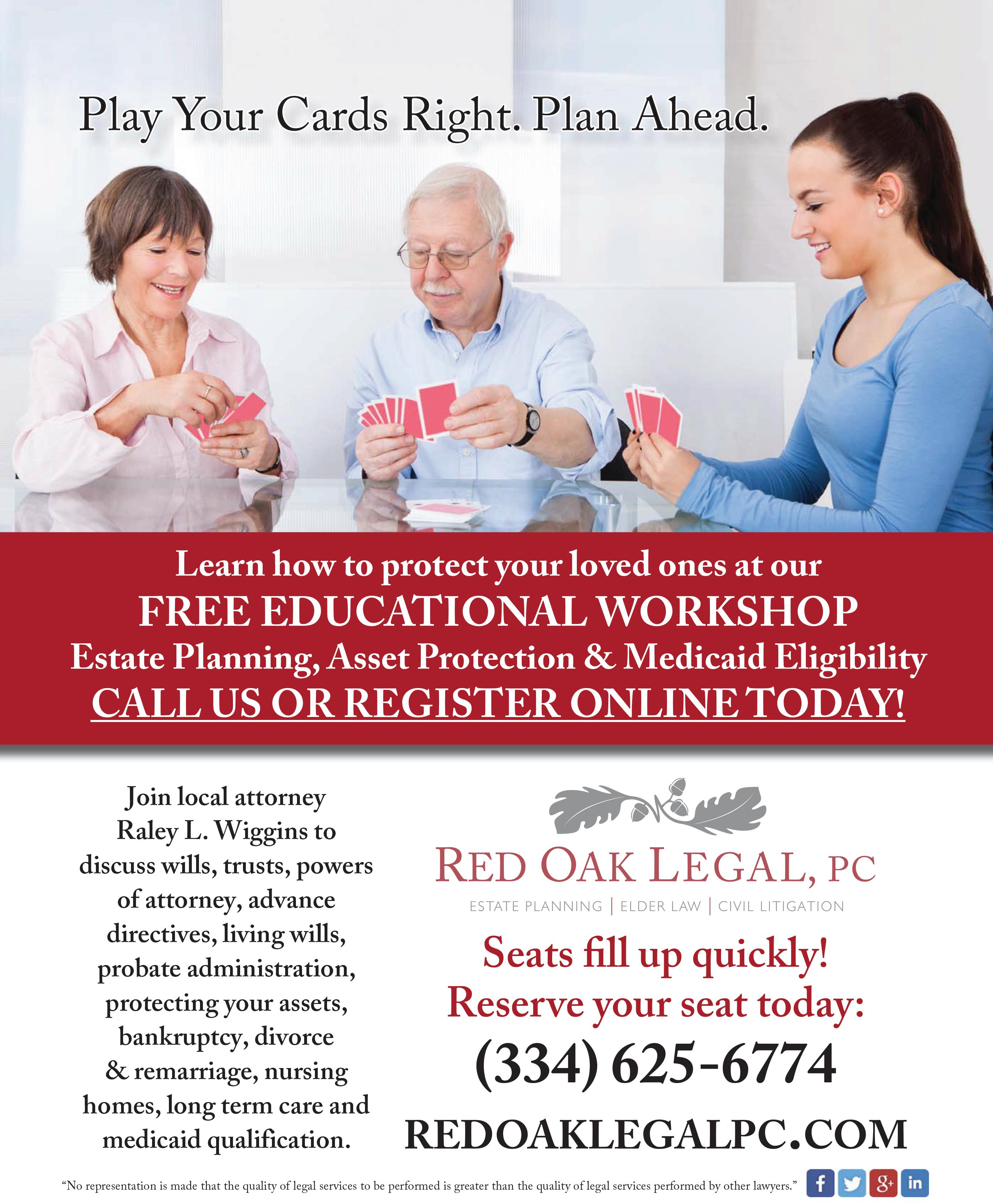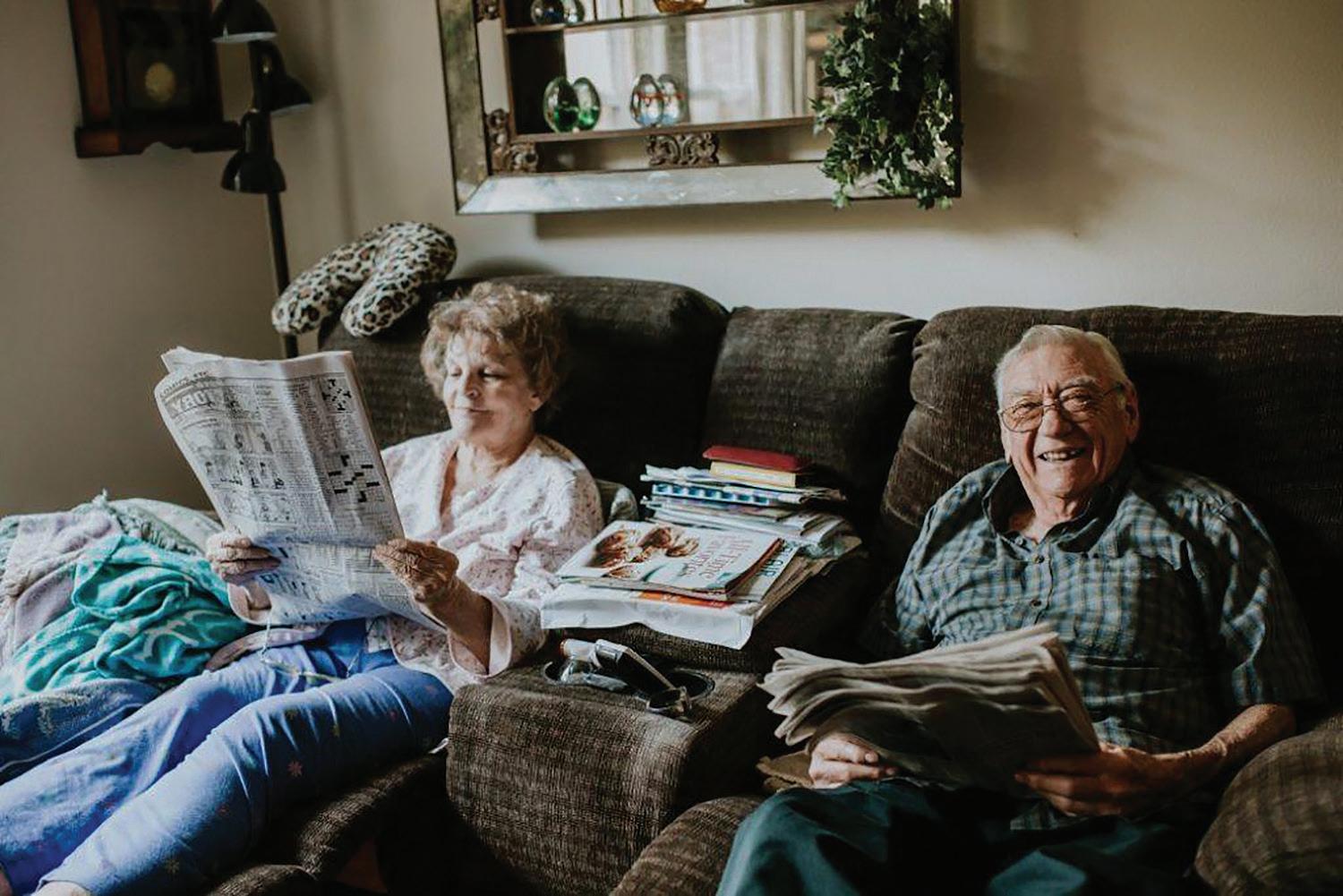
20 minute read
Allow Your Parent to
How can we help someone in need who doesn’t want any help? How do you allow your parent to accept help graciously, and preserve their pride and dignity? How do I deal with a difficult parent?
These are some of the most often asked questions from well-meaning family caregivers. If you feel trapped in a power struggle, try not to take it personally.
Understanding Parents' Resistance to Help Your aging parent may resist or refuse help for VALID REASONS, such as:
I Habit. Your parent(s) could decline your outstretched hand out of habit. They’ve always fended for themselves, so why stop now?
I Pride. Asking for help may signal their physical or mental decline. Asking one's children for help is a stronger signal of decline, to some people.
I Privacy. Is your aging loved one a private person by nature? Talking about one’s own health can be very personal, and seniors may choose not to share.
I Cost. Your mother or father may feel the the expense unnecessary, or burdensome.
7 Ideas to Allow Your Parent to Accept Help Understanding and accepting parental resistance is a good start. If you expect a battle, try these ideas to lead to a peaceful truce. These tips change can shift the conversation from "giving help" to "accepting help."
1. Let the person achieve something on their own. Even tying shoelaces can be tricky. Limited vision, reduced hand-eye coordination and stiff joints can make the routine difficult. If several attempts are unsuccessful, say something like, “I’ll get those laces tied for you”.
2. Reframe questions to statements. In the previous example, if you asked the question “Can I tie your shoelaces for you?” you may well hear “No.” Letting the person try, and then "pitching in"
This article is sponsored by Home Care Assistance, for more info visit ò www.homecareassistance.com

may be more productive. You could also replace lace-up shoes with Velcro closure shoes. These are easier to tighten and release. Again, don’t ask if you can replace a senior’s shoes. Confirm the shoe size and get a new pair.
3. Approach your parent with a united front. My two sisters and I used this tactic when we decided it was high time for Mom and Dad to stop driving. While it was challenging to talk to our parents about driving, we were successful. There were three of us us saying the same thing and echoing each other’s words. We explained that we worried about them both if they were behind the wheel. Mom and Dad could not argue our concern and agreed.
4. Provide viable options when requesting anything. With my own parent's driving, an alternative was for a family member to drive them where they need to go. Our parents could also use a seniors' driving service, such as GoGoGrandparent, call a taxicab, or catch public transit.
5. Go slow and start early. Accept the fact that some changes may be a long time coming. Start with small offers of help and grow from there; chances are better that you will be successful. The earlier you begin these conversations, the better.
6. Take your time with anything new. Book one day of home care assistance first as an experiment rather than five days. By offering less, it’s harder for someone to refuse. This can get your foot in the door and you can work up (and add more) from there.
7. Involve a doctor. If the resistance remains too much, call for back-up! Parents may fight tooth and nail against their adult children. These same seniors are often open to a doctor’s recommendations. If you’re having problems convincing Mom and/or Dad to accept help, contact their doctor. Book an appointment for Mom or Dad to see the doctor under any pretense. Let the doctor discuss those awkward topics, instead of you.
Tell Your Friends


BOOM! is available at
OK, it’s 1960 and I’m at my Nanny and Granddaddy’s house and of course I was allowed to stay up as late as I wanted, or at least as late as they stayed up. You know, you learn a lot about a man after 8:30 pm, my at-home bedtime. My granddaddy always had time for me (I guess most like to remember it that way, but he really did MAKE the time). We played dominoes, real dominoes, not the kind you order out. We ate ice cream sundaes that my Nanny piled high with made to order toppings. “We” made turkey yelpers; he was known for calling turkeys and he had the beards to prove it! This little stroll down memory lane has caused me to digress, and if you’re still reading, thank you!
I’m beginning my fourth class as an intern in the Master Gardner program through the Montgomery County Extension Service and I’m loving every second of it…so glad to be retired, but that’s ANOTHER story, and I’m finally learning just how little I know about gardening. I love to plant flowers, some are actually from SEEDS, and watch them grow and grow as I water and water and water AND water. You see, my Nanny could throw a stick in the yard and up would come roses and daffodils and parsley, and she could drop a leaf in her “homemade” potting soil, she knew just how much perlite and vermiculite was needed for every African violet, bromeliad, fern, you name it…all to become blue ribbon worthy. I’m not quite sure how this

curiosities. “We” would fill out the order form for these weird specimens and we’d check the post office box every day anxiously awaiting their arrival. I’m quite sure I’d lost interest or maybe even forgotten and I don’t remember the planting, but I will never forget what came out of that garden!
green thumb was handed down to my Daddy, her son-in-law of ALL things, but he had her passion for gardening in the yard when it was a hobby and not the vegetable gardening that we depended on when I was growing up…those vegetables taste better every time I think of them.
Back to Granddaddy and his after-hours hobbies. He loved to plant and harvest a backyard garden, that is, when he wasn’t playing dominoes with his buddies at the drug store. So, he would spend some of those “after 8:30 pm hours” pouring over the Burpee Seed Catalog, looking for vegetables that he’d either never heard of, seen and/or definitely never eaten. We would laugh at the “guaranteed” results…doubting that we’d ever see such! It was the unusual he was looking for-the challenge of growing but more the fun he would have showing off these

Remember, it’s 1960…no one had ever heard of or seen or eaten spaghetti squash…it’s 1960…mission accomplished. I have no idea how my Nanny figured out how to cook it without Pinterest, or googling “Healthiest Way to Prepare Spaghetti Squash”. There’s a good possibility that bacon grease was somehow involved…remember, it is 1960. The most memorable for me was the yard long, yes, YARD LONG, green beans. Just one could make a good mess of beans. And they were longer than I was tall!!! Just to be sure “we” measured them all before they were shown to my Granddaddy’s buddies. I inherited the green thumb, ‘kinda’, but I have really big (long) shoes to fill.
Most of the 2500 folks in town can attest to seeing some crazy things come out of that little garden on the side of the road. My granddaddy had confirmed that Mr. Burpee was a man of his word…plant it and it will grow. Lots of other interesting vegetables made it to our table in 1960, but it took the 21st century to convince the masses that they were edibles.
Dawn Mitchell, a Master Gardener of Class 2018, lives in Montgomery. For more information on becoming a master gardener, visit www. capcitymga.org or email capcitymga@gmail. com.
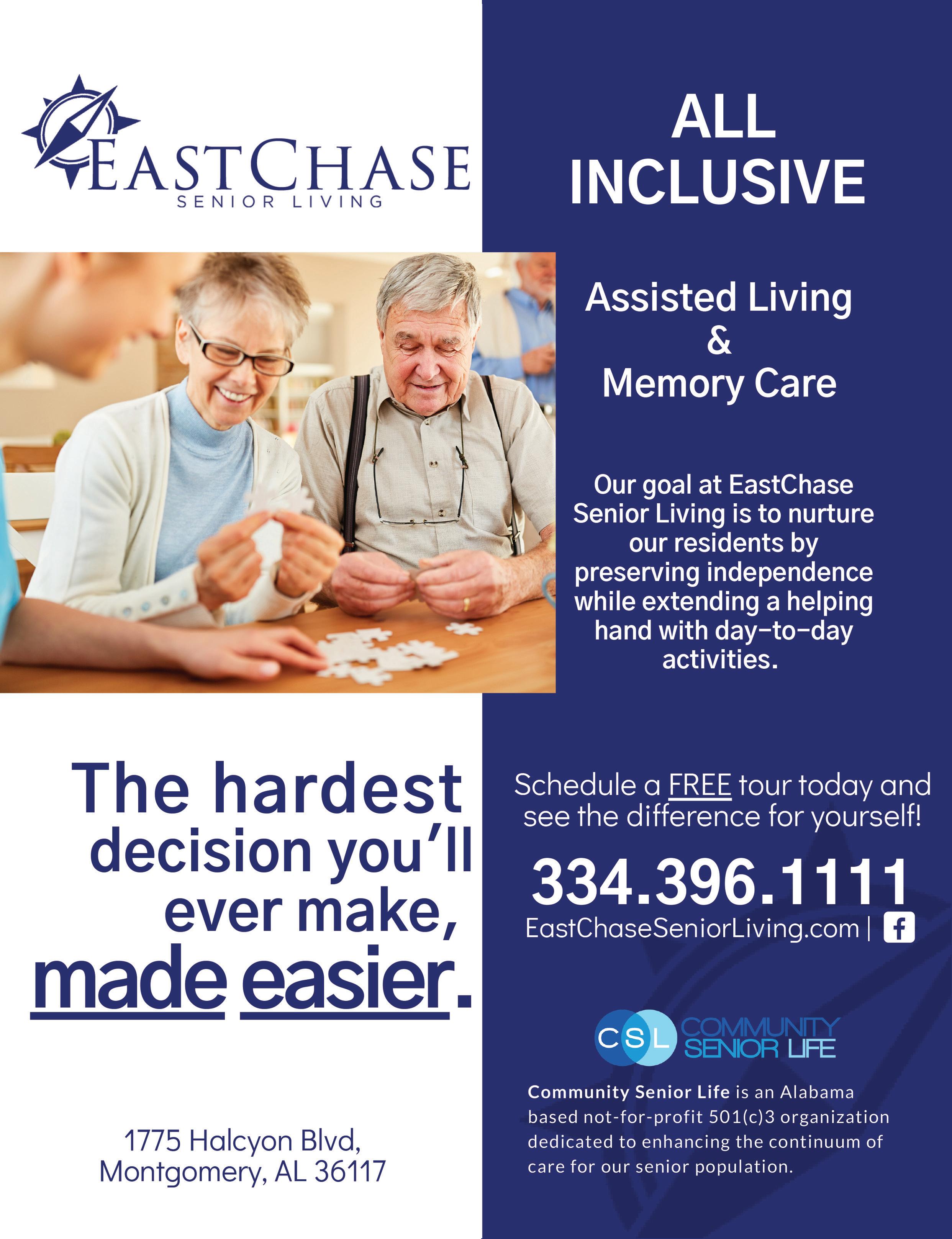
Water exercise classes are held in the deep or shallow end of a swimming pool, and because of their low-impact format, are suitable for virtually every fitness level. Water classes go by many names: Aqua Aerobics; Swimmercise; Aqua Fit; Hydronastics; Aqua Express; Aquacize; and the list goes on. Whatever the specific name of the class, all of them have many overlapping physiological and psychological benefits to offer their participants. If you've not yet experienced water-based exercise, then come on in, the water's fine! It's a fine way indeed to help you achieve your fitness over fifty goals.
The Older Adult Population vs. The Benefits of Water Exercise As we age, many of us are challenged by physical and/or emotional ailments that compromise our ability to exercise safely and pain free, if at all. Some of us struggle with painful and stiff arthritic knees, hands, or hips; our range of motion and flexibility are becoming more and more restricted; we may suffer from loneliness, depression, anxiety, or great loss; and we stumble over obstacles more easily. We seem to be forever recovering from some illness, injury, or surgery. Over time, our various maladies could have a negative cumulative effect on our activities of daily living and threaten our physical independence. To add insult to injury, many of us put on unwanted pounds

because of the lack of, or decrease in, exercise. Numerous research studies exist that agree on several physiological and psychological benefits for people who regularly participate in water exercise—several of these benefits are discussed below. 1. Aerobic Exercise: Aerobic (or cardiovascular) exercise is defined as brisk exercise that gets your heart pumping; your vascular system delivering oxygenated blood to your working muscles; and your breathing rate elevated.(9) Water exercise easily meets this definition and examples include walking, running, cross-country skiing, and jumping jacks all performed in the water. Sustaining aerobic exercise longer than 10 minutes involves your cardiovascular system and can improve your heart health and lower your blood pressure. (9) 2. Muscle Strengthening Exercises: Water workouts increase muscular strength and muscular endurance by using the resistance of the water. Water is more viscous or “thicker” than air and provides 12 times more resistance than air. Because of viscosity, submerged body movements are resisted in ALL directions. Your muscles develop and become stronger as you work against the persistent resistance that water provides.
3. Flexibility Exercises: Flexibility is defined as the ability of limbs to move at the joints through a complete range of motion. (2) In order to maintain flexibility, the joints must regularly be taken through their full range of motion. The effects of gravity are reduced in water so joints can be moved through their full range of motion without excess joint stress. In water, we can slowly improve our flexibility which carries the added benefit of decreasing our injury risk. 4. Balance Training: Did you know that if we don't practice our balance, we will lose it? The aquatic environment is an excellent arena for training balance. The buoyant and viscous properties of water provide support for your body that assists with balance. Being surrounded by water reduces or eliminates the fear of falling because the water will not allow you to fall, it will support you through all your exercises. Additionally, since the water is constantly moving and pushing on your body to some degree, it increases your balance challenge in safe surroundings. A few examples of training your balance in water include walking on a “Balance Beam,” standing on Fitness over Fifty by Leigh Anne Richards

5. Mobility Issues: In water, a person experiences two opposing forces; namely, the downward vertical force of gravity and the upward vertical force of buoyancy. Buoyancy depends on the depth of immersion of the body. Exercising in water reduces the load, stress, and impact on your spine and joints. This means that people who are unable to tolerate land-based exercises because of painful joints, mobility issues, or excess weight, can comfortably walk and perform other exercises in water. 6. Rehabilitation Friendly: Due to water's buoyant property, water exercise is excellent for post-surgery and post-injury rehabilitation because of the reduced pressure and impact on compromised joints and/or muscles. 7. Great for the Core and the Spine: A water workout promotes gains in core strength and core stability for better spinal health. Vertical alignment of the body with flotation belts in the deep end allows for maximum core recruitment and core training and encourages decompression of the spine. 8. Increased Circulation and Reduced
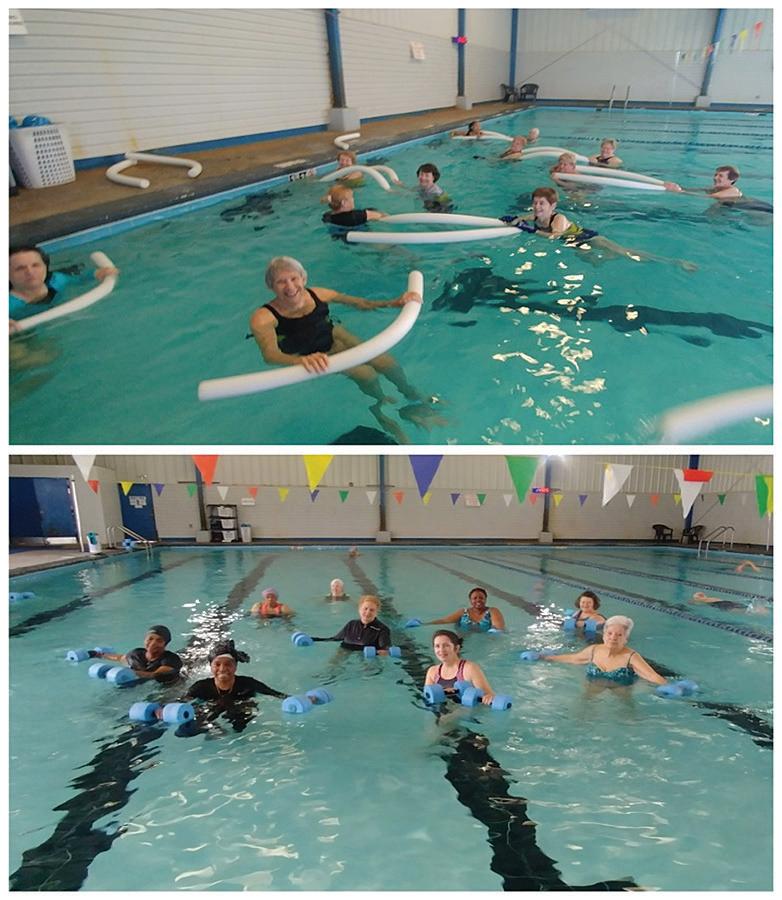
Joint Swelling: Hydrostatic pressure {water pressure exerted equally on all surface areas of the body at rest} increases circulation and reduces swelling of inflamed joints. It acts like an oversized compression sleeve for the entire immersed body, helping to relieve muscle aches and stiffness. Hydrostatic pressure also puts pressure on the rib cage so breathing while immersed in water helps
to improve respiratory function. 9. Promotes Weight Loss: Water exercise can help you trim down. Caloric expenditure in water is comparable to landbased exercise. Studies show that a typical 60-minute water aerobics class burns about 400-500 calories. Keep in mind, however, that a participant does have to work during class to obtain optimal caloric burn---talking for most of the class won't burn as many calories . 10. Friendly and Fun: Participating in a water exercise class provides a place to socialize with your peers and to make new friends. It also promotes support and encouragement from others and to others. An aquatic environment is conducive to relaxation and stress reduction. Exercising in water is just plain fun. . . it brings out the Kid in all of us!
To learn more about water exercise classes contact your local YMCA or summer only classes, area country clubs.
Leigh Anne Richards, MEd, Certified Personal Trainer, Group Exercise Instructor, General ManagerMetroFitness. For any questions or comments, contact Leigh Anne at LAMetrofit@aol.com
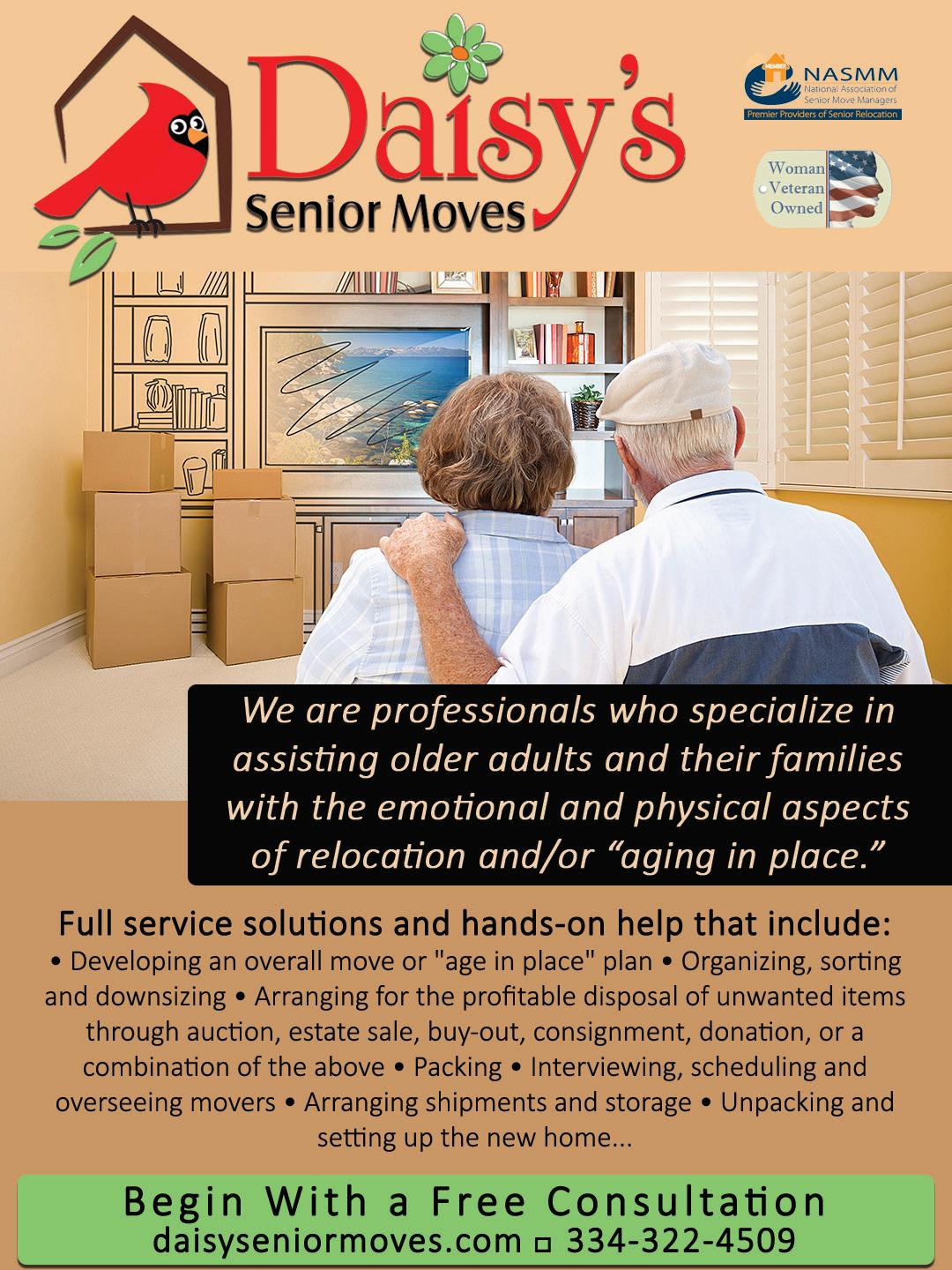

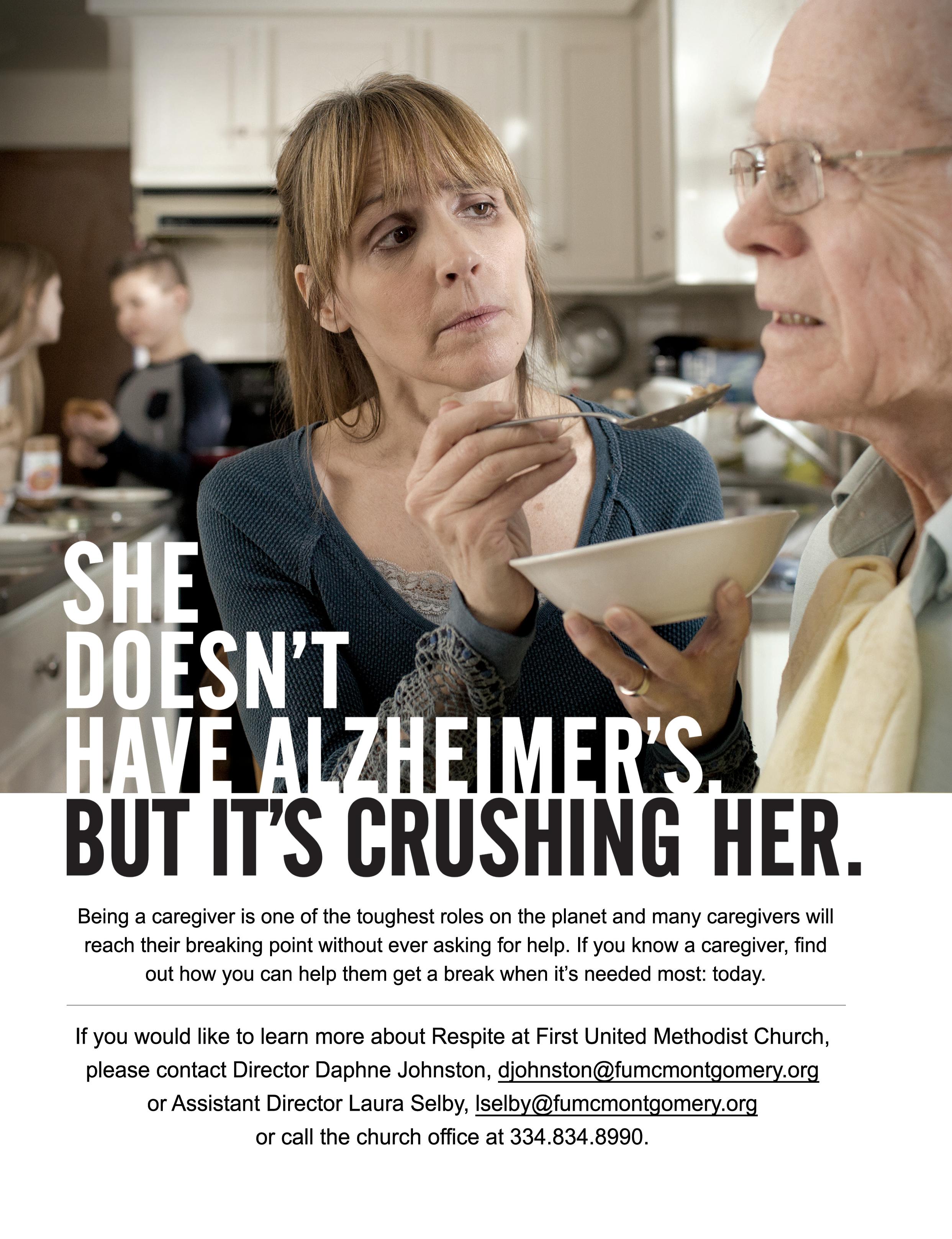
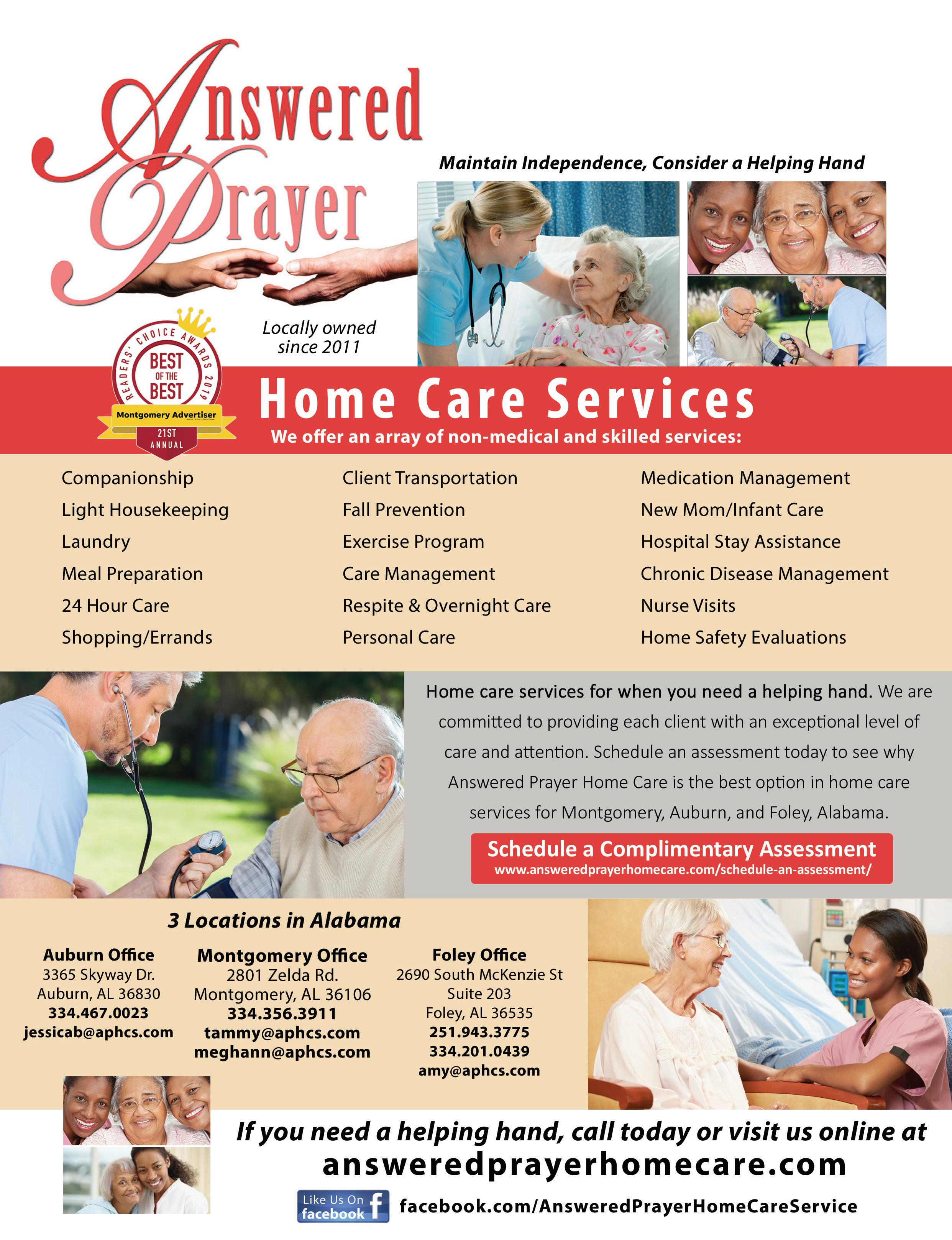
Old is hot. Hot flashes. Hot ticket. Hot. Being old and hot is in the news. In “Younger Longer: Can We Age Better? Or Even Stop the Process of Aging? (“The New Yorker” May 20, 2019), Adam Gopnik raises an interesting question: What if modern medicine and aging research could hold the clock steady on being middle aged, thereby allowing us to get older without growing old? Think of being seventy or even eighty without worrying about climbing a flight of stairs or apologizing for “a senior moment.”
On May 16, 2019, the “New York Times” published two articles in the Styles section about aging with style: “Polishing the Silver” by Ruth La Ferla and “Take That Graying Mane and Add a Burst of Fun” by Crystal Martin. Both articles made growing old and going gray sound like an invitation to a dress-up party.
I’m all for getting older with a little style in my step. For the first time in my life, thanks to the miracle of double cataract surgery, I can see well enough without glasses to artfully apply eye shadow and draw on a smooth bit of eyeliner. And you better believe I intend to fancy on some makeup every day for the rest of my life. It looks great. Makes me feel a touch glamorous and, most importantly, well armored to go out into the world and have my say. You see, getting older, is no longer the voice-silencing, invisibilityinducing sentence it used to be.
Seventy is about more than feeling and looking good.
Seventy is the new outspoken.

time we embraced that gift and used our years of making mistakes while doing some things right to be something better, do something bigger, and live larger, as though we don’t have enough time left to do anything else. You think being seventy is hard? Try being eighteen. Can you imagine? Have you ever known such chaos? Such uncertainty? The stock market is bobbling at every tweet and tariff. Unemployment is up, then it’s down. Getting a college education costs more than ever before and many are left paying off student loans for decades after graduation, making it impossible to get ahead, buy a house or start a family. There’s climate change riding the winds of terrifying hurricanes, tornados and flooding rains. There are whispers of war here, there, everywhere. School shootings…and guns…don’t get me started.
Too much is happening for us to be silent…and those of us lucky enough to be seventy have the protection of age to speak up. It’s time for us to step up to the plate, be the elders, the wise ones, the ones who have lived long enough to speak truth to power.
It’s time to find new ways to “act your age.”
And, it’s about time.
Seventy is a privilege. It’s a gift. It’s about 1) Be a mentor. Find someone who can use your expertise, your help. It
won’t be hard. Have coffee with them. Talk. Listen; especially listen. Offer support, direction, whatever is needed. It’s that helping hand thing and it works. When was the last time you had a conversation? A real one that mattered? This is your chance.
2) Pick an issue. Dealer’s choice. The environment. Politics. School lunches. Classroom size. Money for the arts. Guns. Voting rights. Climate change. Transportation. Health care. Pick one; then, do something about it. Now.
3) Find a new hobby. It doesn’t matter whether it’s baking cakes, planting a garden, building birdhouses or writing poems. Share what you love with someone. That’s how we build stronger communities. Make new friends. Create a kinder world.
4) Take care of yourself. Exercise even if you have never exercised before. Exercise your body, and your voice. Be strong. Be focused. Raise a little hell. Have a little fun, and don’t ever think for a minute that there’s nothing you can do to change things.
You’re seventy or maybe eighty or, hallelujah! Ninety!!
You’re not old. You’re one of the warriors.
All those years of living have prepared you for this chance to make a difference. Step out, step up, and speak up!
You’ll be surprised who is waiting to hear what you have to say.
This article first appeared on www.psychologytoday.com for more about author Carrie Knowles, www.cjanework.com/about-carrie

Know When to Hold ‘Em By: Raley L. Wiggins | Attorney at Law | Red Oak Legal, PC
When I was in college the No-Limit Texas Hold ‘Em fad was sweeping its way through the dregs of ESPN2 and other cable “sports” networks. It even found its way into my circle of friends, which I found irritating since I wasn’t interested in having a seat at that table.
Personally, I’ve always been a gambling agnostic—I don’t particularly have a problem with other people gambling if that’s how they choose to spend their money. I understand that for some, the competition and the little rush they get from winning a big hand is exciting. What I could never understand, what I will never understand, is the appeal of watching other people play poker on television. To each his own.
Plenty of people have made analogies about life and card playing. Perhaps the best known example is the Kenny Rogers tune, The Gambler and it’s hook which I’m confident, after you read this article, will be stuck in your head for at least the next several hours: You got to know when to hold ‘em, know when to fold ‘em / know when to walk away, and know when to run. / You never count your money, when you’re sittin’ at the table / They’ll be time enough for counting / when the dealin’s done.
Since this is an estate planning and elder law column, I’ll do my best to see what we can learn about planning your estate from a classic country song.
Know When to Hold ‘Em. Sometimes the best thing you can do is to do nothing at all. Consider this: leaving an inheritance to someone who doesn’t have the tools to manage it can lead to disaster. For example, leaving a teenager even a relatively modest amount of money, without any strings attached, can be a recipe for disaster. Likewise, loved ones may be ill-equipped to handle an inheritance due to substance abuse problems, or even gambling problems. Sometimes the best thing you can do for someone you love is to leave them an inheritance in a way that benefits them, without giving them unfettered access to money that may only exacerbate their problems. Consider a testamentary trust provision to protect your heirs from themselves. Know When to Fold ‘Em / Know When to Walk Away. Sometimes you’ve got a bad hand, and you’re sitting across the table from someone you can’t bluff. Time to cut your losses and fold. In my line of business, I sometimes have to counsel clients who, after much angst and heavy thought, decide to disinherit one or more of their children. For whatever reason, the relationship between the parent and child has deteriorated to the point where the parent feels as though leaving that child an inheritance would not be appropriate. This is part of my job that I do not relish, but the fact is that sometimes it is the right thing to do under the circumstances. When a parent has tried everything they can to encourage a wayward child to change their ways, cutting their inheritance may be the last best way to get their attention. truth. We have no way to know who will be alive at the time we die, or what kind of property we will own at our deaths. We may have more property as the result of successful investments, inheritance, or even the lottery (in another state, of course). On the other hand, we may have much less property due to poor investments or due to the cost of a nursing home stay (currently about $6,000 per month) or some other financial pitfall. As a result, your estate plan must include contingencies for dealing with these ups and downs. Consider for example that the day you wrote your will you had $220,000 in the bank. Your will leaves a gift of $20,000 to your church, and splits whatever is left between your four children. Ten years pass, and your health declines. After a long stay in a nursing home, you pass away with only $15,000 left in the bank. In that case, your church would receive $15,000, and your children would receive nothing. While leaving it to the church is a good and noble thing to do, it probably wasn’t what you intended when you drafted your will. But, by assuming you know what you will have when you die, your children wound up with no inheritance at all. Attend Free Workshop Estate Planning and Asset Protection Workshop Wednesday, March 18: Hosted by Red Oak Legal, PC: 1:30-3:30 pm at 322 Catoma Street downtown Montgomery. This educational workshop presented by local attorney Raley L. Wiggins covers wills, trusts, powers of attorney, advance directives, living wills, probate administration, protecting assets from creditors, bankruptcy, divorce and remarriage, nursing homes, long-term care and Medicaid qualification. Registration is required. Call 334-625-6774 today to reserve your seat or register online at www.redoaklegalpc.com.
Don’t Count Your Money While You’re Sittin’ at the Table. Most people assume that everyone in their family will die when they are “supposed to.” That is, they assume that their children will outlive them, that their grandchildren will outlive their children, and so on. Most people also assume that they’ll die in pretty much the same financial condition as they are in on the day that they create their estate plan.
Nothing of course could be further from the You never know what hand life will deal you, but that doesn’t mean you shouldn’t have a strategy before you ante up and turn your cards over.
You have to know when to hold ‘em . . .
Raley L. Wiggins Attorney at Law, Red Oak Legal, PC 334-239-3625 | info@redoaklegalpc.com 322 Catoma Street, Montgomery, AL 36104, www.redoaklegalpc.com
